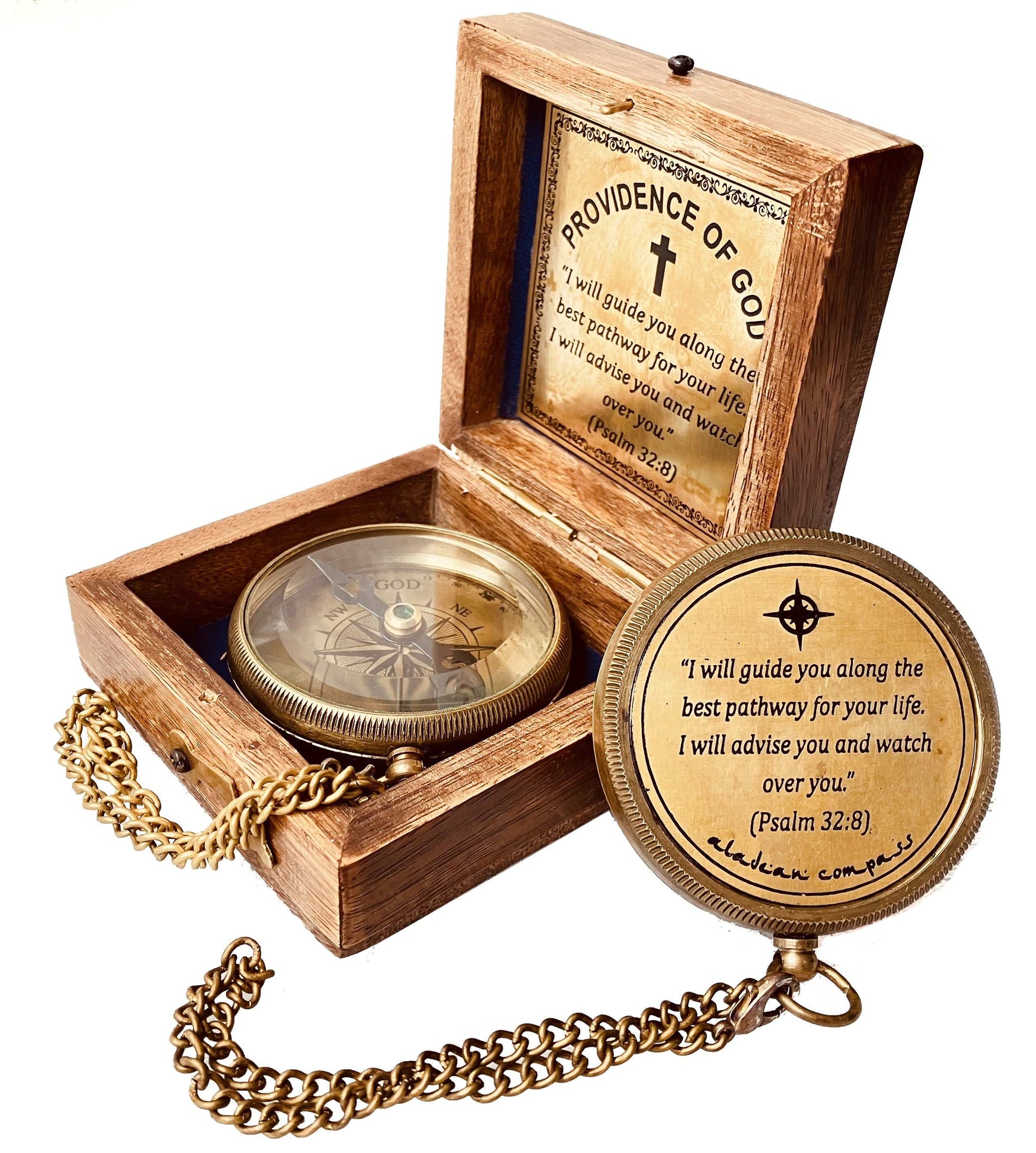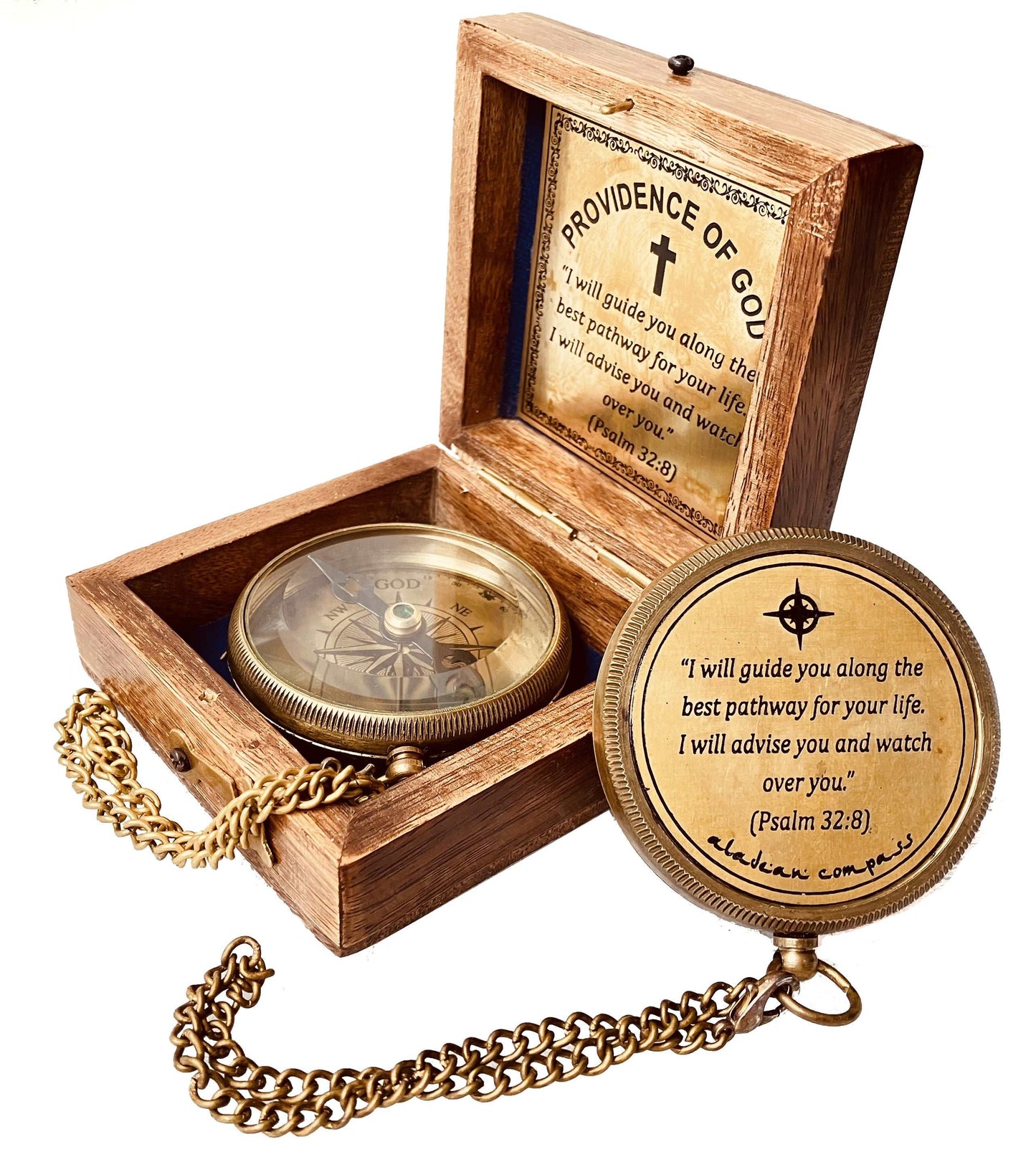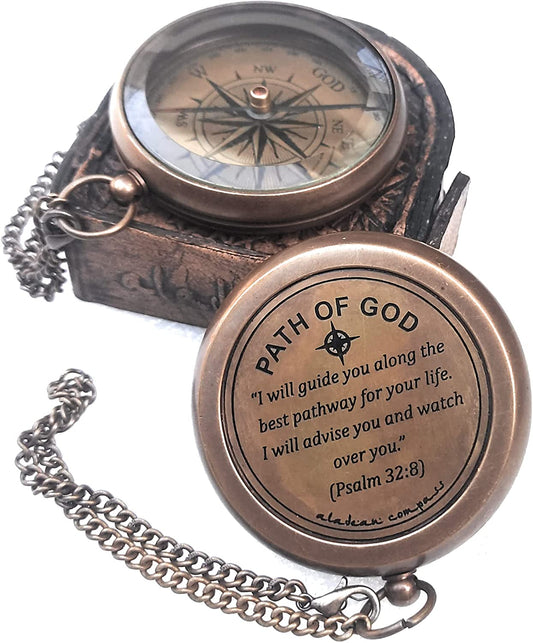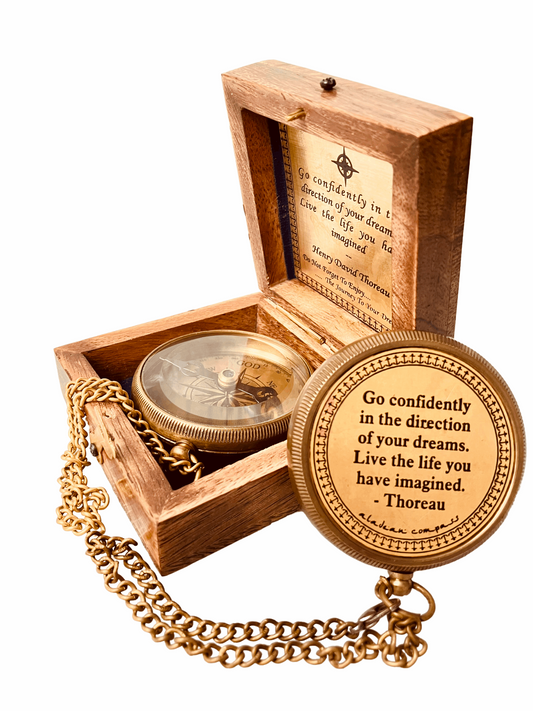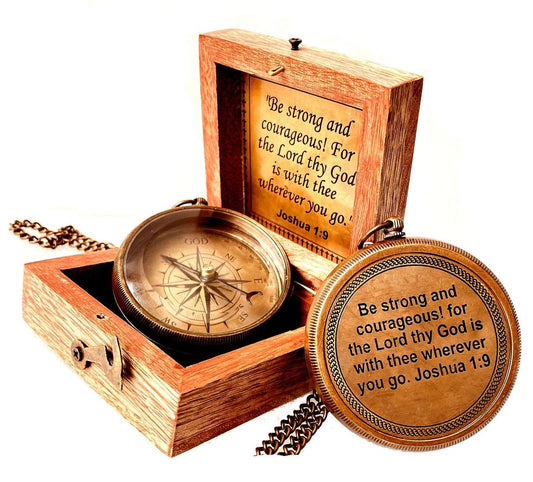Detailed Life Stories of Key Prophets
Share
esus Christ (Christianity)
Early Life and Miraculous Birth
Jesus was born in Bethlehem to Mary, a virgin, and Joseph, a carpenter. His birth was announced by the angel Gabriel and heralded by a star that guided the Magi to his birthplace. The humble circumstances of his birth in a manger symbolize his mission to serve the humble and the downtrodden.
Ministry and Teachings
At the age of 30, Jesus began his public ministry. He was baptized by John the Baptist in the River Jordan, an event marked by the Holy Spirit descending upon him. Jesus preached about the Kingdom of God, emphasizing love, compassion, forgiveness, and repentance. He often taught in parables, using simple stories to convey profound spiritual truths.
Miracles and Healings
Jesus performed numerous miracles, which demonstrated his divine authority and compassion. These included healing the sick, raising the dead (such as Lazarus), feeding 5,000 people with five loaves and two fishes, walking on water, and calming storms. His miracles attracted large crowds and reinforced his teachings.
Crucifixion and Resurrection
Jesus' radical teachings and growing following alarmed the religious authorities, leading to his arrest and trial. He was crucified under the Roman governor Pontius Pilate. Jesus' death is seen as the ultimate sacrifice for humanity's sins. Three days after his crucifixion, Jesus rose from the dead, an event celebrated as Easter, which confirms his divinity and promises eternal life to believers.
Ascension and Legacy
After his resurrection, Jesus appeared to his disciples, offering them final instructions and the promise of the Holy Spirit. He ascended into heaven, leaving his followers with the Great Commission to spread his teachings to all nations. Jesus' life and teachings form the cornerstone of Christianity, inspiring millions worldwide.
Prophet Muhammad (Islam)
Early Life and Revelation
Muhammad was born in Mecca in 570 CE into the Quraysh tribe. Orphaned at a young age, he was raised by his grandfather and uncle. Known for his honesty and integrity, Muhammad earned the nickname "Al-Amin" (the trustworthy). At the age of 40, during a retreat in the cave of Hira, he received his first revelation from the angel Gabriel. This marked the beginning of his prophethood.
Preaching and Persecution
Muhammad began preaching the message of monotheism, calling people to worship the one true God (Allah) and abandon idolatry. His teachings faced strong opposition from the Quraysh leaders, leading to persecution of his followers. Despite this, the message of Islam slowly spread, attracting a dedicated group of followers.
Migration to Medina and Community Building
In 622 CE, facing escalating threats, Muhammad and his followers migrated to Medina, an event known as the Hijra, which marks the beginning of the Islamic calendar. In Medina, Muhammad established a strong Muslim community, setting up a social, political, and economic system based on Islamic principles. He also forged alliances with various tribes and communities.
Conquest of Mecca and Final Sermon
After years of conflict with the Quraysh, Muhammad and his followers peacefully conquered Mecca in 630 CE. He cleansed the Kaaba of idols, restoring it as a center of monotheistic worship. In his final sermon during the Hajj, Muhammad emphasized equality, justice, and the rights of women and slaves. His farewell address encapsulated the core values of Islam.
Death and Legacy
Prophet Muhammad passed away in 632 CE in Medina. His life and teachings, recorded in the Quran and Hadith, continue to guide over a billion Muslims worldwide. His legacy includes the establishment of Islam as a major world religion and a comprehensive way of life encompassing spiritual, social, and ethical dimensions.
Krishna (Hinduism)
Divine Birth and Early Life
Krishna was born to Devaki and Vasudeva in the prison of the tyrant king Kamsa, who feared a prophecy that Devaki's eighth son would kill him. Krishna was miraculously transported to the home of Yashoda and Nanda in Gokul, where he was raised. His early life was marked by divine play (lilas), including his mischievous exploits, such as stealing butter and teasing the gopis (milkmaids).
Miraculous Feats and Divine Play
As a child, Krishna performed numerous miracles, such as lifting the Govardhana Hill to protect villagers from a storm sent by the god Indra, and subduing the serpent Kaliya in the Yamuna River. These acts demonstrated his divine power and protective nature.
Teachings in the Bhagavad Gita
In the Mahabharata, during the great battle of Kurukshetra, Krishna served as the charioteer and guide for Prince Arjuna. His discourse to Arjuna, known as the Bhagavad Gita, is a profound philosophical and spiritual text. Krishna taught about dharma (duty), bhakti (devotion), and karma (action), emphasizing the importance of righteous living and surrender to God.
Role in the Mahabharata
Krishna played a pivotal role in the Mahabharata, not only as a counselor to the Pandavas but also as a strategic leader who helped them win the war against their cousins, the Kauravas. His actions and guidance were crucial in establishing justice and restoring dharma.
Divine Love and Devotion
Krishna's relationship with Radha and the gopis symbolizes the soul's longing for union with the divine. His love for Radha represents the highest form of spiritual devotion and is celebrated in numerous devotional songs, poems, and dances.
Legacy and Worship
Krishna is worshipped as a supreme deity in various traditions of Hinduism. His teachings in the Bhagavad Gita and his life stories from texts like the Srimad Bhagavatam continue to inspire millions. Festivals like Janmashtami celebrate his birth and divine life, reinforcing his enduring legacy.
Moses (Judaism)
Birth and Early Life
Moses was born to Hebrew parents during a time when Pharaoh had decreed the death of all newborn Hebrew males. To save him, his mother placed him in a basket and set it afloat on the Nile River. He was found and adopted by Pharaoh's daughter and raised in the Egyptian royal court.
Divine Calling and Mission
As an adult, Moses fled Egypt after killing an Egyptian who was beating a Hebrew slave. While in exile in Midian, he encountered God in the form of a burning bush. God commanded him to return to Egypt and lead the Israelites out of slavery. With his brother Aaron, Moses confronted Pharaoh, demanding the release of the Israelites.
Plagues and Exodus
Pharaoh's refusal to free the Israelites led to a series of ten plagues, culminating in the death of the firstborn in Egypt. After this final plague, Pharaoh relented, and Moses led the Israelites out of Egypt in the event known as the Exodus. The parting of the Red Sea, where Moses parted the waters to allow the Israelites to escape and then closed them upon the pursuing Egyptian army, is a dramatic demonstration of divine intervention.
Receiving the Torah and Leading the People
At Mount Sinai, Moses received the Ten Commandments and the Torah, establishing the foundation of Jewish law and ethics. He spent forty years leading the Israelites through the wilderness, guiding them with divine instruction and dealing with various challenges and rebellions.
Legacy and Influence
Moses is regarded as the greatest prophet in Judaism. His life and teachings laid the foundation for Jewish law, spirituality, and community. The Torah, attributed to his authorship, is the central text of Judaism, guiding the faith and practice of Jewish people for millennia.
Similarities Between Moses and Krishna
Miraculous Births
- Moses: Born during a time of oppression, his life was spared through divine intervention when his mother placed him in a basket on the Nile.
- Krishna: Born in prison under threat from King Kamsa, he was miraculously transported to safety to be raised by foster parents.
Childhood Miracles
- Moses: His early life in the Egyptian palace was marked by divine favor and protection.
- Krishna: Known for his miraculous feats, such as lifting the Govardhana Hill and subduing the serpent Kaliya.
Leadership and Liberation
- Moses: Led the Israelites out of slavery in Egypt, demonstrating divine power through the plagues and the parting of the Red Sea.
- Krishna: Played a crucial role in the Mahabharata, guiding the Pandavas to victory and restoring dharma, thus liberating them from tyranny.
Teachings and Guidance
- Moses: Provided the Israelites with the Ten Commandments and the Torah, establishing a comprehensive ethical and spiritual framework.
- Krishna: Delivered the Bhagavad Gita, offering profound philosophical and spiritual guidance on duty, devotion, and righteous living.
Divine Encounters
- Moses: Encountered God in the burning bush and received the Ten Commandments on Mount Sinai.
- Krishna: Revealed his divine form to Arjuna on the battlefield of Kurukshetra, demonstrating his cosmic nature and divine mission.
And Finally
The life stories of Jesus, Muhammad, Krishna, and Moses highlight the shared themes of divine mission, miraculous events, and profound teachings that guide humanity towards ethical and spiritual living. These narratives underscore the universal quest for understanding the divine and the importance of righteous conduct, compassion, and devotion. By recognizing the similarities in these stories, we can appreciate the common spiritual heritage that unites diverse religious traditions and promotes a deeper sense of unity and understanding among people of different faiths.

